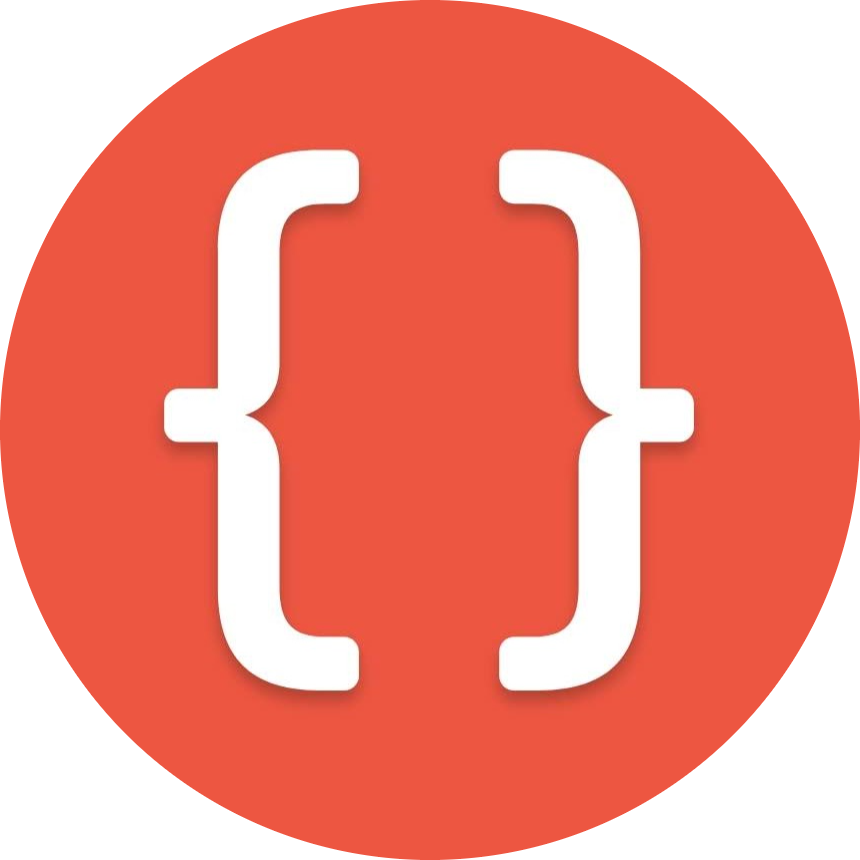Automated validation tests with Laravel
Thiago Alves • 07/01/2020
Following the topic covered in the last post, now it is time to implement another type of automated test in Laravel. Automated tests on data validation.
A few days ago, a developer who is follower of mine contacted me to ask some questions about automated tests on data validation, I shared some examples with him, and we discussed some more details about the topic. So, I realized it would be a good idea to post the examples here, so more people can have access to it.
In my work routine, API development is quite common. Therefore, writing tests for this, too, and one of the logics that I usually test is exactly the validations of the data received via requests.
Without further ado, let's get to the point!
The context
My system has a simple user registration. It could be any site where we create an account, filling out some basic fields initially.
I receive the data through a Request, inserting it into the database and returning the created object (simplified for
the example). See below:
// app/Http/Controllers/UsersController.php
use App\Http\Requests\UserStoreRequest;
use App\User;
class UsersController extends Controller
{
public function store(UserStoreRequest $request)
{
return User::query()
->create($request->validated());
}
}
In the FormRequest class, I validate the information coming from the form:
// app/Http/Requests/UserStoreRequest.php
use Illuminate\Foundation\Http\FormRequest;
class UserStoreRequest extends FormRequest
{
public function rules()
{
return [
'name' => 'required|max:100',
'email' => 'required|email',
'password' => 'required|confirmed',
];
}
}
The test
My goal is to test whether the data is validated by the Request class correctly. To do this, I wrote two tests where,
in the first one, the focus is on the required fields and in the second one, the specifics of each field.
See below:
// tests/Feature/Http/Controllers/UsersControllerTest.php
namespace Tests\Feature\Http\Controllers;
use Illuminate\Support\Str;
use Tests\TestCase;
class UsersControllerTest extends TestCase
{
public function testStoreRequiredValidation()
{
$this
->sendStoreRequest()
->assertStatus(422)
->assertJsonStructure([
'errors' => [
'name',
'email',
'password',
],
]);
}
public function testStoreSpecificValidation()
{
$this
->sendStoreRequest([
'name' => Str::random(120),
'email' => Str::random(50),
'password' => '123456',
'password_confirmation' => '12345',
])
->assertStatus(422)
->assertJsonStructure([
'errors' => [
'name',
'email',
'password',
],
]);
}
private function sendStoreRequest(array $data = [])
{
return $this->postJson(route('users.store'), $data);
}
}
See the result:

Improving
In the scenario described, we can also validate whether the email provided is already registered in our database by just
adding the unique rule to my Request.
// app/Http/Requests/UserStoreRequest.php
public function rules()
{
return [
'name' => 'required|max:100',
'email' => 'required|email|unique:users',
'password' => 'required|confirmed',
];
}
In the test, I create a user to ensure that there is already one registered in the database and send their email in the request in order to force the error.
// tests/Feature/Http/Controllers/UsersControllerTest.php
public function testStoreUniqueEmailValidation()
{
$user = factory(User::class)->create();
$this
->sendStoreRequest([
'name' => Str::random(100),
'email' => $user->email,
'password' => '123456',
'password_confirmation' => '123456',
])
->assertStatus(422)
->assertJsonStructure([
'errors' => [
'email',
],
]);
}
The result:

Many rules can be implemented in data validations. I recommend that, there more validation rules you have, the more tests write, as I believe it is the best way to explore the possibilities.
Then
For testing related to form behavior, error display, I recommend using Laravel Dusk. In fact, I already wrote a post here on the blog about it.
I notice a great lack of free content related to automated testing, at least in PHP. Lately, many people have told me that they can't find anything that practical, and they feel lost without knowing how to start.
Gradually, I will bring new examples here to help. Maybe we can even do a live, coding tests and answering questions. What do you think?
See you later!

Thiago Alves
Share your thoughts about this post in the comments below, in case you have any questions or would like to suggest a topic.
 THIAGO ALVES .DEV
THIAGO ALVES .DEV 